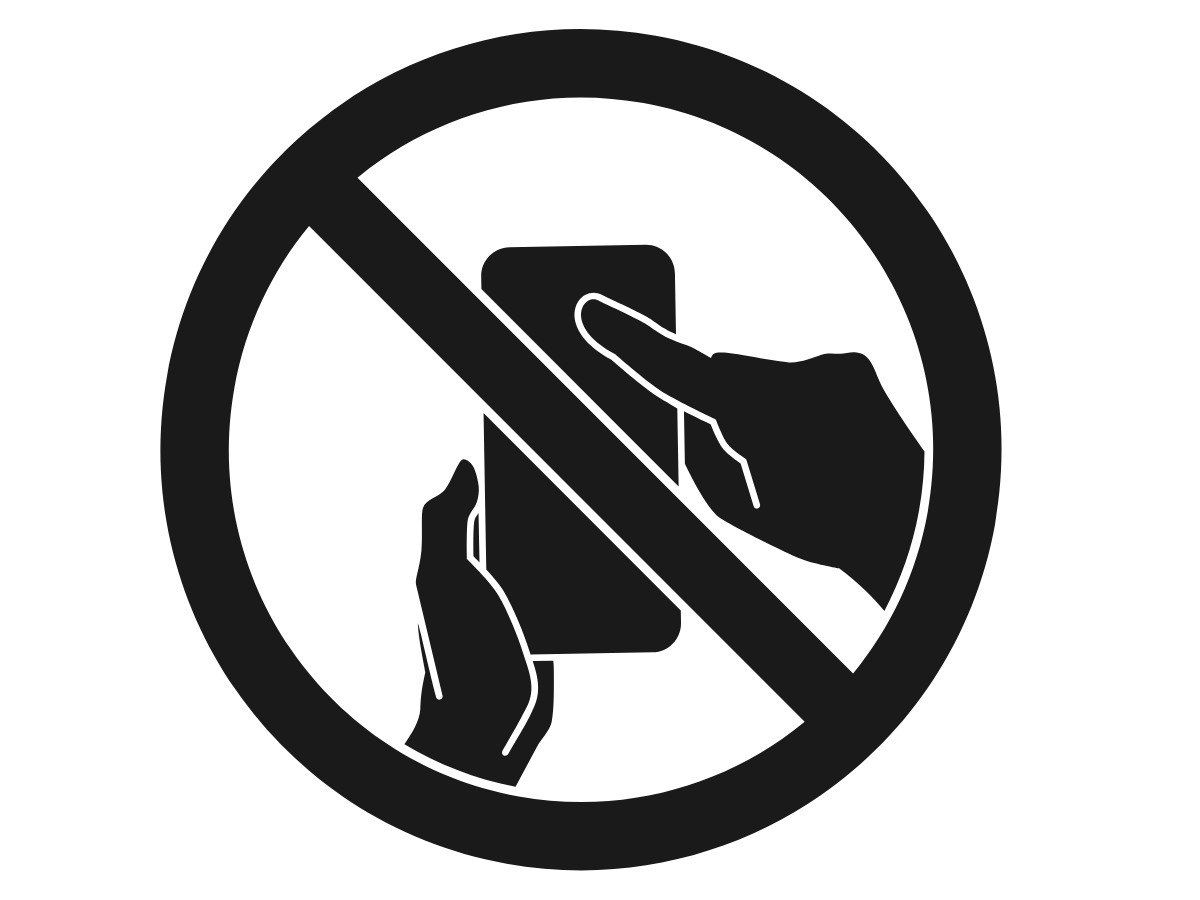Department of Health
The Chief Health Officer has issued a heat health alert with extreme heat conditions expected across the Top End this week.
The Bureau of Meteorology has forecast severe heat wave conditions across the Top End starting from today and across the weekend, leading into extreme conditions from Sunday.
Chief Health Officer Dr Hugh Heggie has advised all residents and visitors to the Top End to take appropriate precautions to avoid heat stress (also known as heat stroke) and dehydration.
“Temperatures are expected to soar beyond the usually hot standards of the build-up period,” he said.
“Even the most acclimatised NT residents can still be affected by heat stress, with an increased body temperature having potentially serious or even fatal affects.
“Be prepared. Stay cool and stay safe. Ensure you and your family have access to cool water and make sure you take care of your pets and animals as they can also be impacted by heat stress.”
Children, people aged over 65, people living alone, people who are socially isolated and people who are taking medications that affect the body’s ability to cope with heat, are among those who are most affected by heat stress and should take extra care.
Bureau of Meteorology Senior Meteorologist Angeline Prasad said this was the first major heatwave to develop this year that will affect major population areas in the NT.
“The heatwave is due to a prolonged dry period, with only slight chances of rain possible in western coastal areas of the Daly district including Darwin today, contracting to the Wadeye area tomorrow,” she said.
“Towns affected include Darwin, Palmerston, Katherine, Adelaide River, Batchelor, Humpty Doo and Pine Creek.
“Temperatures will be a few degrees above average and dew points, a measure of how uncomfortable you feel, will be in the ‘very sweaty’ to ‘oppressive’ range.”
Night time temperatures will also be uncomfortable.
NT Health encourages you to:
- Wear lightweight, light-coloured, loose clothes and a wide-brimmed hat
- Avoid strenuous activities, especially outdoors
- Drink at least three litres of water a day, even if you’re not thirsty
- If you are sweating, it means your core temperature is elevated. Consider having iced or crushed iced drinks or food.
- Maintain a healthy salt intake
- Avoid alcohol and hot or sugary drinks, including tea and coffee
- Spend as much time as possible indoors in air-conditioning
- Use fans and damp towels if you don’t have air-conditioning
Symptoms of heat stress
- Tiredness and lethargy
- Headache
- Dizziness or fainting
- Confusion leading to poor decision making
- Muscle cramps
- Feeling thirsty
- Urinating less often
Please seek medical advice if you feel unwell. If your symptoms are serious, call triple zero (000) immediately.
To view the BOM Heat Assessment maps, visit:





